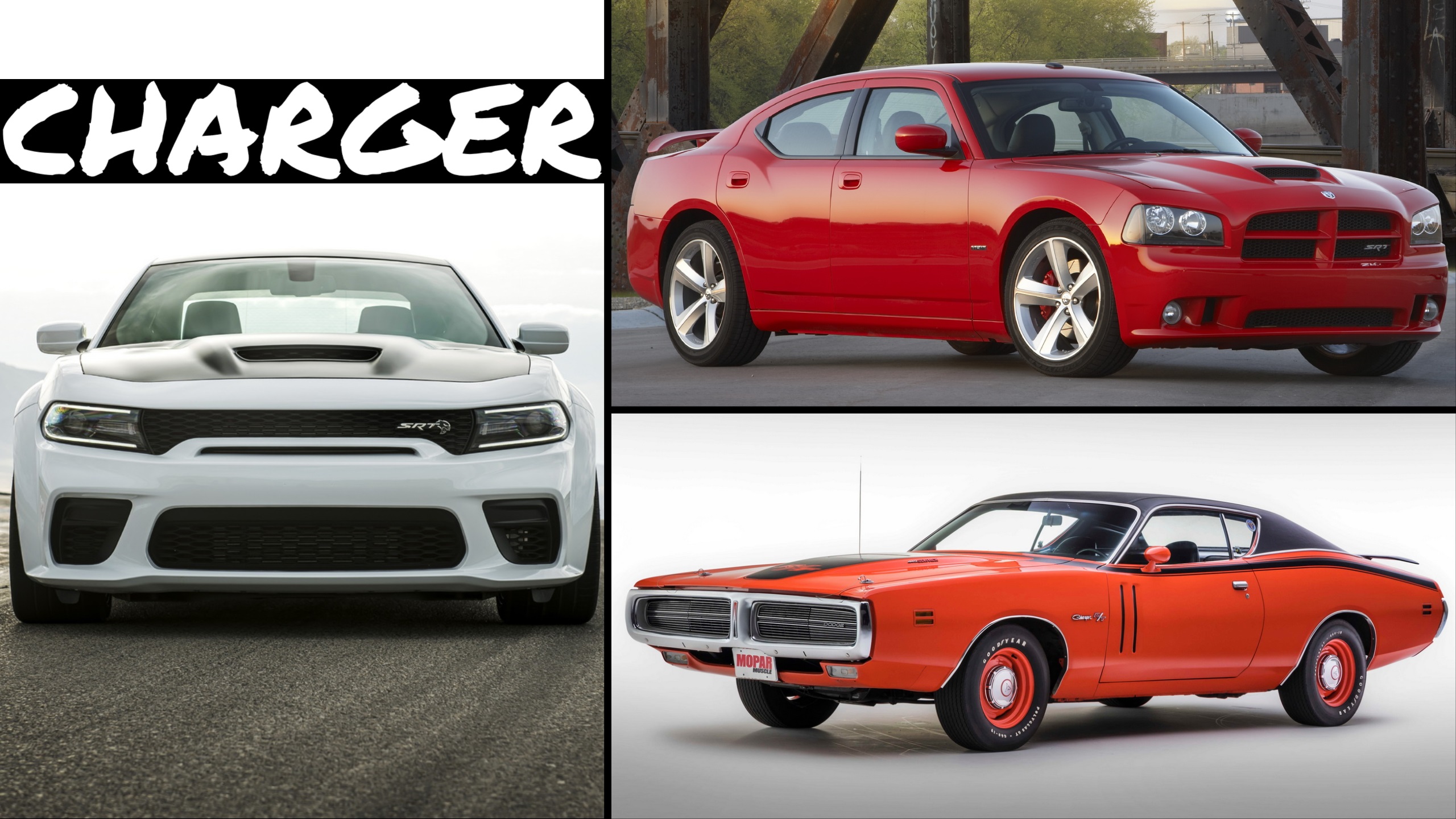The Evolving Weight of the Dodge Charger: Performance, Efficiency, and the Future
The Evolving Weight of the Dodge Charger: Performance, Efficiency, and the Future
Introduction
With enthusiasm, let’s navigate through the intriguing topic related to The Evolving Weight of the Dodge Charger: Performance, Efficiency, and the Future. Let’s weave interesting information and offer fresh perspectives to the readers.
Table of Content
The Evolving Weight of the Dodge Charger: Performance, Efficiency, and the Future

The Dodge Charger, a muscle car icon known for its powerful engines and aggressive styling, has captivated automotive enthusiasts for decades. While its performance is often the primary focus, the vehicle’s weight plays a significant role in its overall driving dynamics and efficiency. As the automotive industry navigates the evolving landscape of technology and regulations, the weight of the Dodge Charger, particularly in its anticipated 2025 model year, is subject to scrutiny and speculation.
The Importance of Weight in Automotive Performance
Weight is a crucial factor in a vehicle’s performance, influencing numerous aspects:
- Acceleration and Handling: A lighter car accelerates faster and handles more nimbly due to reduced inertia. This is especially relevant for performance-oriented vehicles like the Charger.
- Fuel Efficiency: Lower weight translates to better fuel economy, as less energy is required to move the car. This is becoming increasingly important in an era of rising fuel costs and environmental concerns.
- Braking Performance: A lighter car requires less braking force to stop, resulting in shorter stopping distances and enhanced safety.
- Ride Quality: Weight distribution significantly affects a vehicle’s ride quality. A well-balanced car with optimized weight distribution offers a smoother and more comfortable ride.
Factors Influencing Dodge Charger Weight
The weight of the Dodge Charger, like any car, is determined by a complex interplay of factors:
- Platform and Chassis: The underlying platform and chassis design significantly influence weight. The Charger’s platform, shared with other vehicles like the Chrysler 300, has evolved over time, incorporating lighter materials and design optimizations.
- Engine and Drivetrain: The engine and drivetrain are major contributors to a vehicle’s weight. The Charger offers a range of powerful engines, from V6 to V8 options, each with its own weight contribution.
- Body and Interior Materials: The materials used for the body panels, interior trim, and other components directly impact weight. Manufacturers continuously explore lighter materials like aluminum, composites, and high-strength steels to reduce weight without compromising durability.
- Features and Options: Added features and options, such as advanced safety systems, premium sound systems, and sunroof, inevitably add weight to the vehicle.
Speculation on the 2025 Dodge Charger Weight
While official specifications for the 2025 Dodge Charger are not yet available, several factors suggest potential changes in its weight:
- Electrification: The automotive industry is moving towards electrification, and Dodge has hinted at a possible hybrid or fully electric version of the Charger. Electric powertrains are generally lighter than traditional combustion engines, potentially leading to a weight reduction.
- Material Innovations: Continuous advancements in materials science are leading to lighter and stronger components, potentially contributing to a decrease in overall weight.
- Design Optimization: Dodge is known for its focus on performance, and future models are likely to incorporate design optimizations aimed at reducing weight and improving handling.
- Regulatory Pressure: Stricter fuel economy regulations and emission standards are driving manufacturers to develop lighter and more efficient vehicles.
FAQs on 2025 Dodge Charger Weight
Q: Will the 2025 Dodge Charger be lighter than previous models?
A: While it is difficult to predict with certainty, the factors discussed above suggest a possibility of weight reduction. However, the extent of the change remains to be seen.
Q: How will the weight affect the Charger’s performance?
A: A lighter Charger could potentially offer improved acceleration, handling, and braking performance, while also enhancing fuel efficiency.
Q: Will the 2025 Dodge Charger still be a true muscle car?
A: Dodge has consistently maintained the Charger’s muscle car heritage, and any changes in weight are likely to be carefully considered to ensure the vehicle’s performance and character remain intact.
Tips for Understanding the 2025 Dodge Charger Weight
- Stay Informed: Follow automotive news outlets and official announcements from Dodge to stay updated on the latest developments regarding the 2025 Charger.
- Compare Specifications: When the official specifications become available, compare the weight of the 2025 Charger with previous models to understand the potential changes.
- Consider Performance and Efficiency: When evaluating the 2025 Charger, factor in its performance and fuel efficiency, which are directly influenced by its weight.
Conclusion
The weight of the Dodge Charger is a complex issue intertwined with performance, efficiency, and the evolving automotive landscape. While the exact weight of the 2025 model is still unknown, the factors discussed above suggest a potential shift in its weight profile. Whether the Charger becomes lighter or maintains its current weight, one thing is certain: Dodge will continue to prioritize performance and ensure its iconic muscle car remains a formidable force on the road.








Closure
Thus, we hope this article has provided valuable insights into The Evolving Weight of the Dodge Charger: Performance, Efficiency, and the Future. We hope you find this article informative and beneficial. See you in our next article!